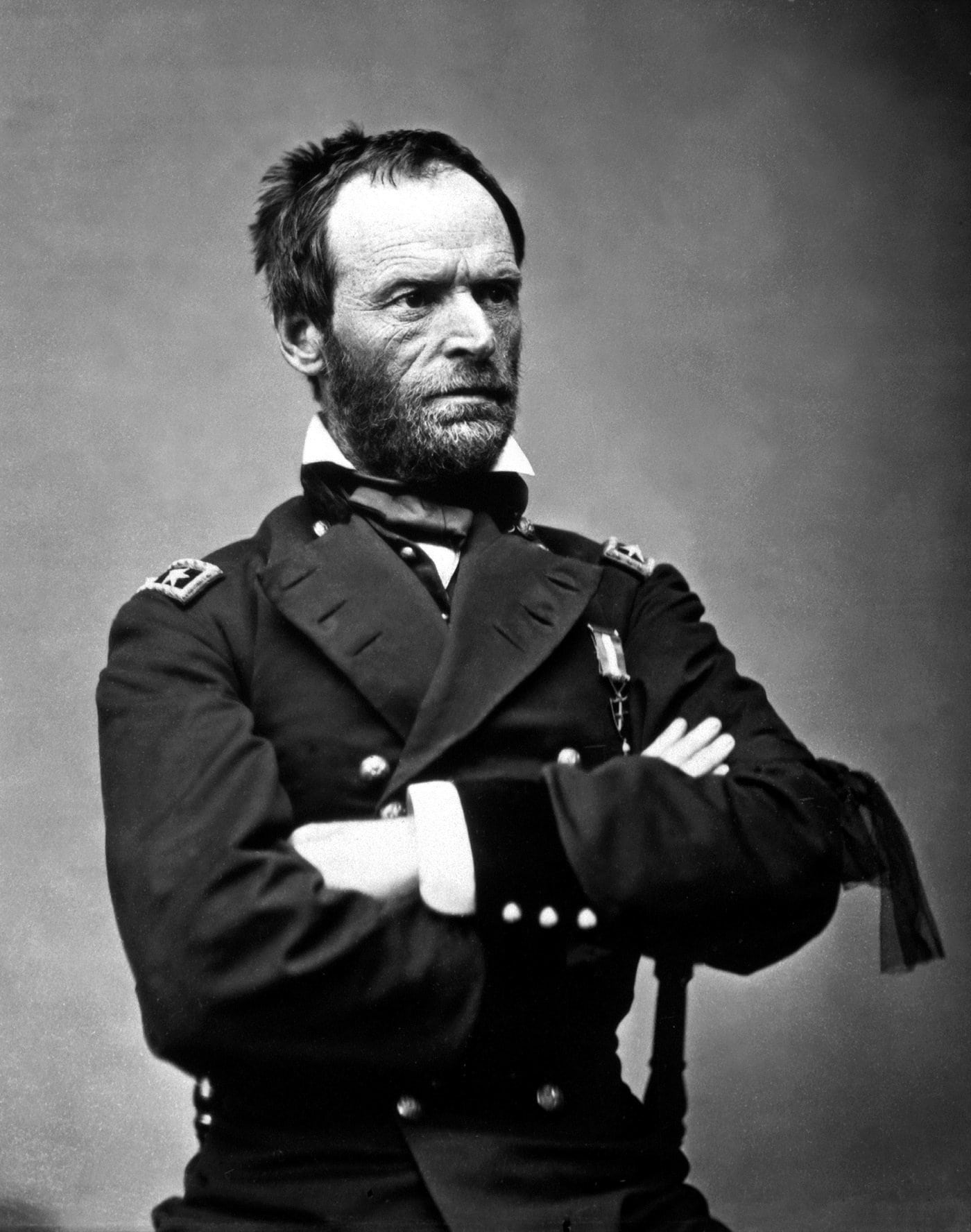
ADVERTISEMENT - CONTINUE READING BELOW
The Meteoric Rise of a General Once Dismissed as Crazy
Early in the Civil War, Union General William Tecumseh Sherman had a breakdown and asked to be relieved of command. Newspapers at the time described him as insane, and few could have predicted his meteoric rise after his return to service months later. On September 2nd, 1864, after a hard fought summer campaign followed by a hard fought siege, Sherman’s Union troops entered Atlanta, Georgia. The conquest of that key Confederate city, known as “the Gateway to the South”, saved President Abraham Lincoln from what seemed like inevitable defeat in that fall’s election. It ensured the continuation of a federal administration committed to fight out the Civil War until final victory. Everybody expected that Sherman would garrison the city, then head north to Virginia to help Ulysses S. Grant, who was stalemated against Robert E. Lee’s Army of Northern Virginia. Sherman had other plans.
Early in the war, the Union followed a conciliatory policy, and fought a relatively limited war. The assumption was that most in the Confederacy had not supported secession, and that their states’ governments were illegal and unrepresentative of the popular will. So Union forces leaned over backwards to gently treat Southern civilians and their property – including those hostile towards the Union. By 1862, attitudes had changed. Pragmatists began to advocate for “hard war” and “directed severity” against secessionists, and Sherman emerged as a key proponent of that hardline. In 1864, he revolutionized modern warfare and transformed “hard war” notions into total war that targeted not only enemy armies, but also civilians who supported those armies.

